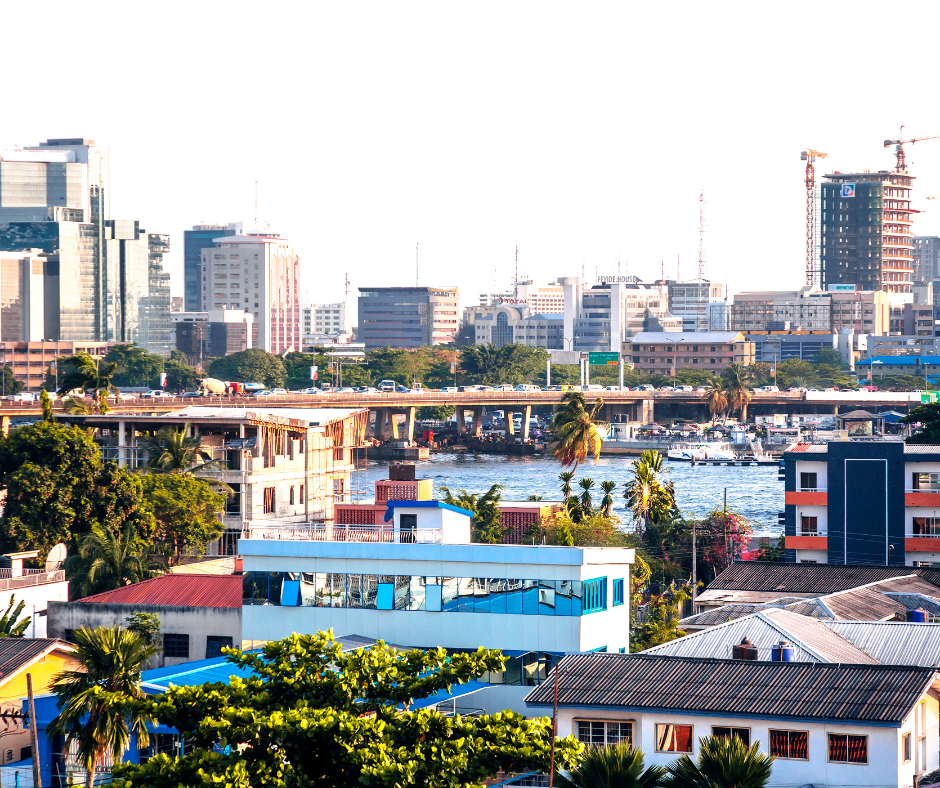Green is the New Gold: Nigeria’s Push Towards Eco-Conscious Travel
- The Global Oreoluwa

- Jun 7, 2025
- 2 min read

🌿 Across the globe, sustainable travel is no longer a trend — it’s a necessity. Nigeria, Africa’s most populous nation and a cultural powerhouse, is making significant strides in eco-conscious tourism. From community-led conservation projects to eco-friendly resorts and national parks, Nigeria is redefining what it means to travel responsibly. This green revolution is not only preserving the environment but empowering local communities and creating authentic experiences for visitors. Here’s how Nigeria is turning sustainability into its new gold.
1. Community-Led Conservation: Empowering Locals to Protect Nature
Local communities are at the heart of Nigeria’s sustainable tourism push. Projects like the Omo Forest Reserve involve indigenous communities in protecting biodiversity while benefiting economically through eco-tourism. These efforts reduce deforestation, encourage wildlife protection, and provide visitors with authentic cultural experiences that respect nature and heritage. (wwf.ng)
2. Eco-Friendly Accommodations Gaining Momentum
More Nigerian hotels and resorts are embracing sustainability by incorporating renewable energy, water conservation, and waste management into their operations. Notable examples include Obudu Mountain Resort, which uses solar power and local materials to minimize its environmental footprint, and boutique eco-lodges in Yankari Game Reserve that emphasize low-impact tourism, helping preserve fragile ecosystems while offering luxurious stays. (africatourismboard.com)
3. National Parks and Wildlife Sanctuaries Leading the Way
Nigeria boasts several protected areas committed to sustainability, such as Cross River National Park and Gashaka Gumti National Park — Africa’s largest national park. These parks are crucial for wildlife conservation and eco-tourism, attracting visitors interested in hiking, bird watching, and learning about endangered species like the Cross River gorilla. Sustainable management ensures these natural treasures endure for generations. (nigeriaparks.gov.ng)
4. Waste Reduction and Circular Economy in Tourism
Innovative initiatives are emerging in Nigeria’s tourism hubs to tackle waste management challenges. From recycling programs in Lagos to sustainable packaging for local crafts, the tourism industry is adopting circular economy principles. These initiatives not only reduce pollution but also educate tourists and locals on sustainable living practices, making travel more responsible and eco-friendly. (businessday.ng)
5. Government Policies & International Collaborations
The Nigerian government, in partnership with international organizations, is advancing eco-tourism through policies that promote conservation and sustainable development. The National Tourism Development Master Plan (NTDMP) highlights eco-tourism as a priority, encouraging investments in green infrastructure and community engagement to balance growth with environmental protection. This strategic focus positions Nigeria as a forward-thinking travel destination. (unwto.org)
Conclusion:
Nigeria’s journey toward sustainable tourism is an inspiring blend of environmental stewardship, cultural preservation, and community empowerment. By valuing “green” as the new gold, the nation is crafting a tourism future that honors its rich heritage while protecting its natural wealth. Travelers seeking meaningful, eco-conscious experiences will find Nigeria ready to welcome them with open arms and a greener footprint.






Comments